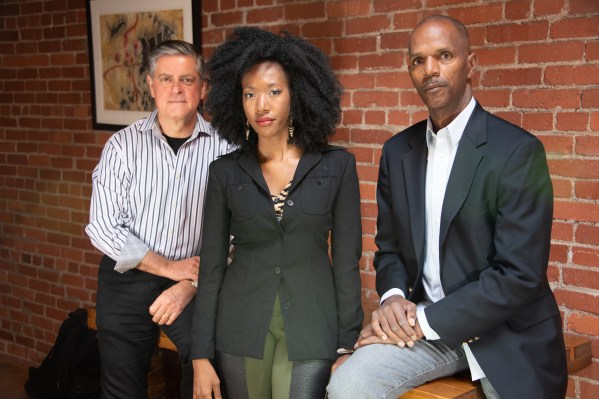Black Tech Nation Ventures launched in 2021 to address the funding gap for Black founders amid a wave of venture diversity initiatives after the murder of George Floyd in 2020. Three years later, amongst growing backlash against DEI and diversity-focused investments, the firm’s mission may be more important now than when it started.
The Pittsburgh-based venture firm has finished raising its first $50 million for its debut fund to back pre-seed and seed-stage software startups led by founders that are Black, women or members of the LGBTQ+ community, among other underrepresented groups. The firm is backed by LPs including Alphabet, First National Bank and billionaire Mark Cuban.
Getting its first fund to its full $50 million goal was at first a race and then a slog, David Motley, a general partner at BTNV, told TechCrunch. The firm found initial fundraising success in 2021, and held a first close on $25 million that year, he explained. That was greatly helped by a surge of investors looking to put their money into funds focused on diversity, and favorable fundraising conditions especially for emerging managers. The firm had initially planned to hold a final close by the summer of 2022 but those trends didn’t last. The second half of the fundraise was tough as market conditions soured, and investors backed away from the diversity investing goals they made in 2020.
“The pushback is real,” Motley said. “We have seen funding to diverse founders and Black-led venture funds decline rapidly. We saw the level of funding return to 2019 totals.”
While the diversity pushback isn’t a venture-specific issue — states like Oklahoma have voted to defund DEI efforts at public colleges and affirmative action was ruled unconstitutional by the Supreme Court last June — venture is impacted. Atlanta-based venture firm Fearless Fund recently came under legal pressure from conservative activists that said their focus on grants and funding for diverse founders was discriminatory.
Firms like BTNV could find themselves caught in the ripple effects of these recent events. But Motley said this change in overall narrative around DEI doesn’t discourage the team but rather shows them why they should stick to their thesis.
“The industry is structured to do what it has historically done, 2021 and 2022 were in some ways an anomaly, and then you had a return to normalcy,” Motley said about the short-lived surge of support for diversity-focused VCs. “You have funds like ours that came out of that time frame that are now positioned to show that this shouldn’t be a moment or just an initiative. These investment opportunities should be looked at.”
BTNV’s checks range from $250,000 to $1 million and focus on enterprise software solutions in sectors including fintech, edtech and clean tech, among others. The firm invests across the U.S. and is looking for founders based outside the coastal hubs. The fund has so far made 10 investments since its first close and has backed founders in cities including Cleveland, Indianapolis and Atlanta.
Motley said the fund hopes to provide impact beyond its $50 million in assets under management by both leading the fundraise round in a startup by writing the biggest check, and helping that startup find additional investors for the round. He said as a lead investor, BTNV hopes to introduce other VC firms to companies they may not have taken a chance on otherwise. On the flip side, he said underrepresented founders sometimes struggle to close out rounds despite finding a lead investor.
The firm will also collaborate with Black Tech Nation, the nonprofit that is run by BTNV general partner Kelauni Jasmyn that created a digital network of Black tech professionals, when it can. While the two organizations are fully separate, despite sharing a name, Motley said he hopes the two organizations can collaborate on events, connect talent or that the firm can find potential founders to back through the nonprofit’s network.
Motley said that despite the firm’s thesis on backing underrepresented founders, the main goal for Fund I is to produce top-tier returns that earn the firm the right to raise subsequent funds. Motley said the firm is confident that looking for companies in these underserved markets will help them get there.
“The opportunity here is: rise above the politics of the moment and to really prove that it is in everyone’s best interest to advance the best deals, the best founders and the best venture funds,” Motley said. “It doesn’t matter what political persuasion you are. If we do that it will be better for everyone and our country. That goes way beyond any of the pushback that one might get for advancing what we are advancing.”
